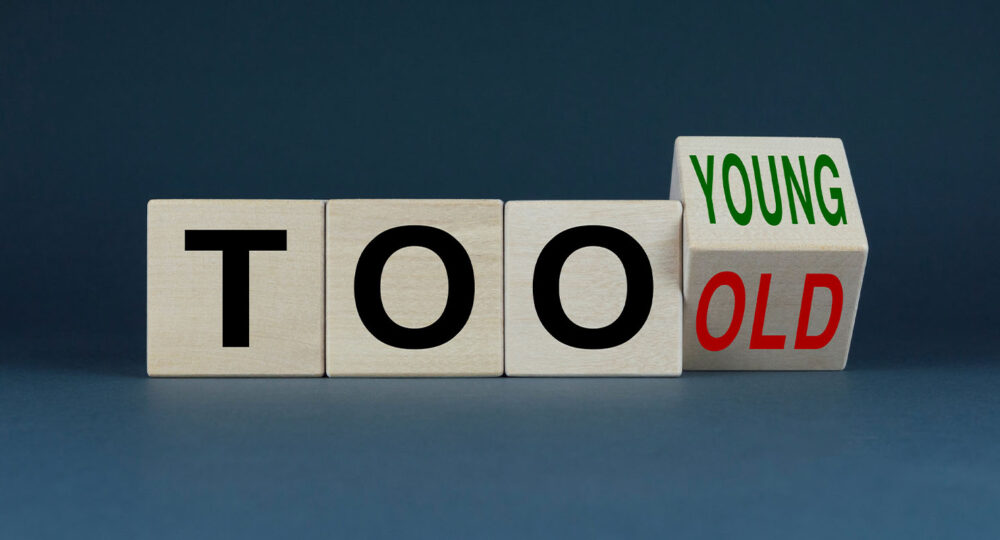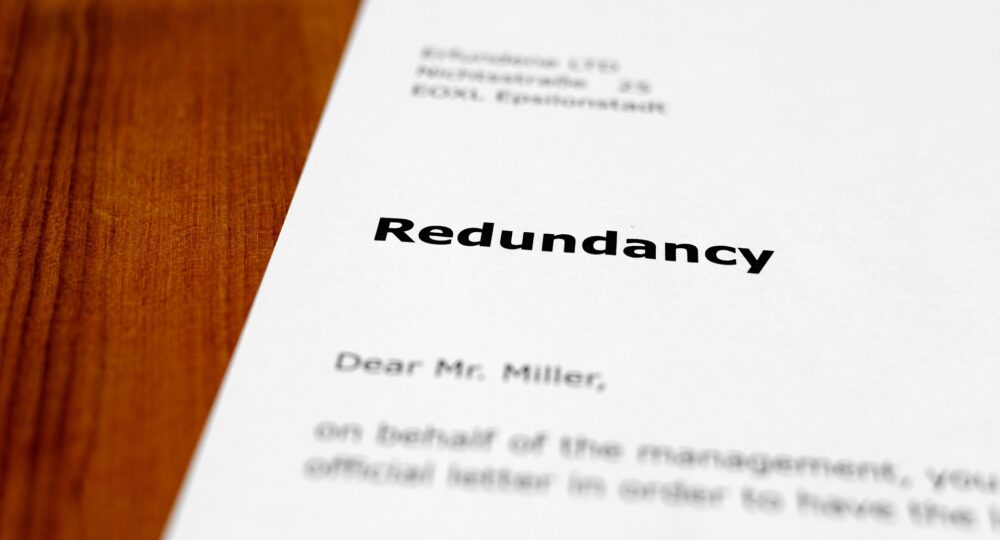Disciplinary procedures and grievance related are essential aspects of any workplace, ensuring fair treatment of employees and addressing disputes effectively. Understanding these processes is crucial for both employers and employees. In this article, we will delve into what every employee should know about disciplinary and grievance procedures, highlighting key cases and their outcomes to shed light on the importance of these mechanisms in the workplace.
Disciplinary Procedures: Protecting Employee Rights
Disciplinary procedures are established to address misconduct or poor performance among employees. They serve several critical functions:
1. Consistency: Disciplinary procedures ensure that all employees are treated fairly and consistently when facing allegations of misconduct or poor performance.
2. Process: Employees should be made aware of allegations against them, they should be given the opportunity to present their side of the story, and appeal any decisions made during the process.
3. Proportionality: Employers should ensure that any sanctions are proportionate to the situation, a dismissal should be viewed as a last resort. Employers should ensure they consider the facts of the matter and the mitigating circumstances before proceeding with dismissal.
Key Cases and Outcomes in Disciplinary Procedures
1. British Home Stores (BHS): The collapse of British Home Stores in 2016 highlighted the importance of rigorous disciplinary procedures. The company faced significant financial difficulties, leading to allegations of mismanagement by senior executives. Investigations into their conduct demonstrated the need for robust disciplinary processes to hold senior leaders accountable for their actions.
2. Royal Bank of Scotland (RBS): RBS faced disciplinary scrutiny in the aftermath of the financial crisis. Cases emerged where traders were accused of manipulating the London Interbank Offered Rate (LIBOR). Disciplinary actions taken against these traders showcased the importance of addressing financial misconduct within organizations to maintain trust and integrity in the financial sector.
Grievance Procedures: Ensuring Employee Well-being
Grievance procedures are designed to address complaints, concerns, or disputes raised by employees. These procedures are crucial for safeguarding employee well-being and addressing issues promptly:
1. Conflict Resolution: Grievance procedures offer a structured process for resolving conflicts, allowing employees to voice concerns and seek resolution without fear of retaliation.
2. Legal Compliance: Employers adhere to grievance procedures to ensure compliance with the ACAS Code of Practice.

Key Cases and Outcomes in Grievance Procedures
1. Tesco Equal Pay Claims: Tesco faced multiple equal pay claims from female employees who argued that they were paid less than their male counterparts for work of equal value. The grievances led to legal proceedings, underscoring the importance of addressing grievances related to gender pay disparities to ensure fairness and equity in the workplace.
2. Uber and Employee Rights: Uber has been at the centre of numerous employment-related disputes, including grievances about drivers’ employment status. These cases have spurred discussions on the rights and protections that gig economy workers should have and emphasise the need for robust grievance procedures to address such concerns.
The term “gig economy workers” refers to individuals employed in the so-called “gig economy” or “sharing economy.” The “gig economy” is an employment model in which workers often perform short-term or freelance tasks, frequently through online platforms such as Uber, Deliveroo, or freelance platforms.
Gig economy workers are typically classified as self-employed or independent contractors. This often means they do not have access to traditional benefits and social protections like minimum wage, paid leave, health insurance, or other standard benefits available to full-time employees. Consequently, there are often many legal issues concerning their employment status and employment rights.
Talk to us about your situation
Conclusion: Empowering Employees and Ensuring Fairness
Disciplinary and grievance procedures are cornerstones of a fair workplace. They protect employee rights, and promote transparency and accountability. Key cases in the corporate world demonstrate the significance of these procedures in maintaining trust, integrity, and legal compliance within organisations.
Every employee should be aware of their rights and the processes in place to address issues within their workplace. By understanding and utilising these mechanisms, employees can help foster a work environment characterized by fairness, respect, and effective conflict resolution. Employers, in turn, should commit to implementing and upholding rigorous disciplinary and grievance procedures to safeguard both their employees and the organisations reputation.
If you have any questions or need assistance with disciplinary or grievance procedures, contact the employment law specialists at Optimal Solicitors. Take action now to protect your rights!



